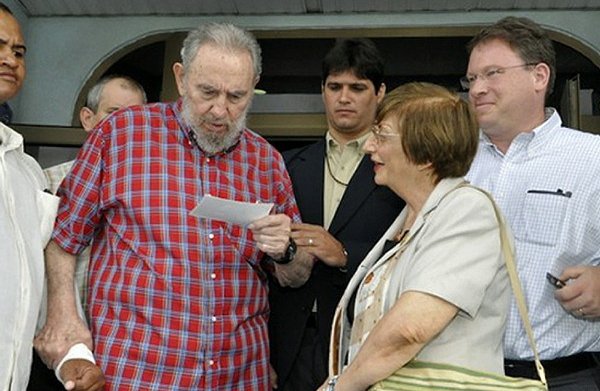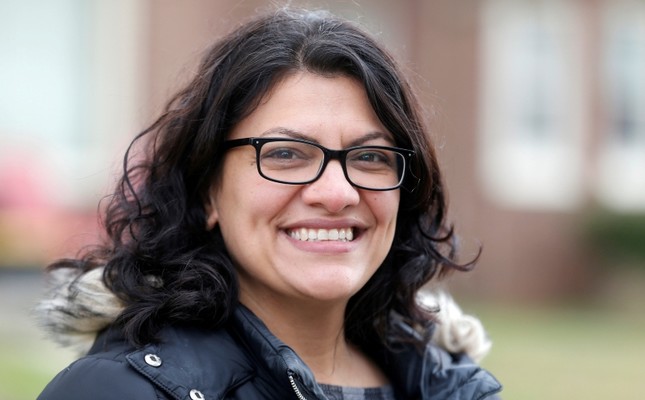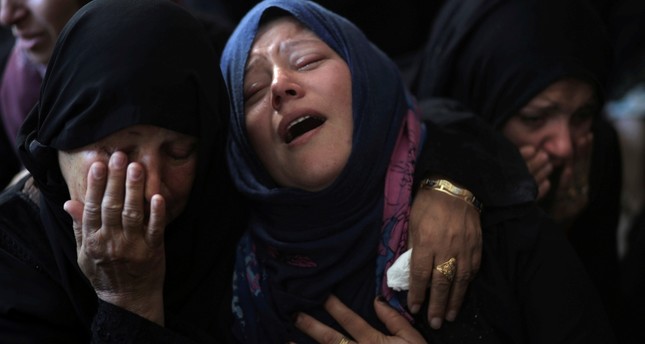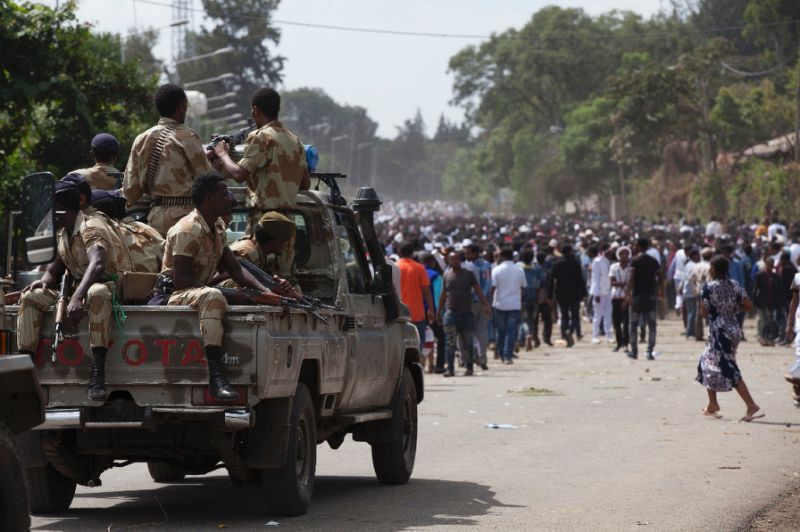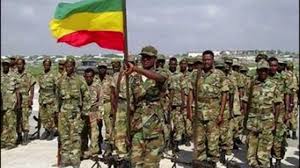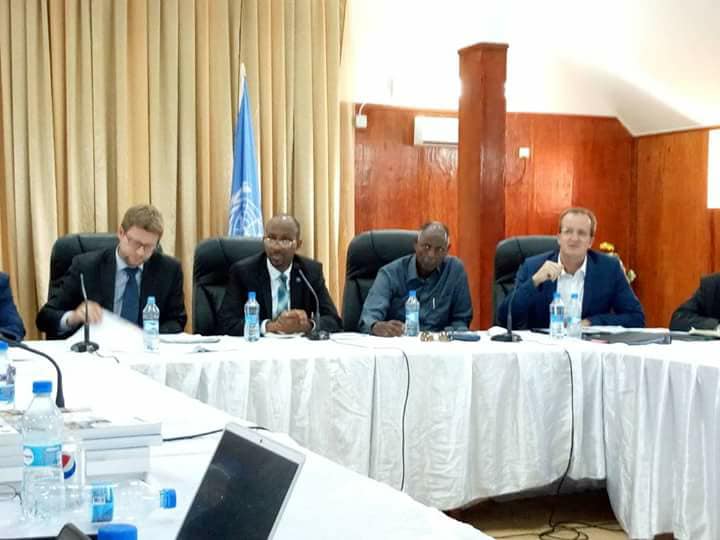A couple of weeks ago, while I was on vacation, my cell phone rang; it was Jorge Bolanos, the head of the Cuban Interest Section (we of course don’t have diplomatic relations with Cuba) in Washington. “I have a message for you from Fidel,” he said. This made me sit up straight. “He has read your Atlantic article about Iran and Israel. He invites you to Havana on Sunday to discuss the article.”
I am always eager, of course, to interact with readers of The Atlantic, so I called a friend at the Council on Foreign Relations, Julia Sweig, who is a preeminent expert on Cuba and Latin America: “Road trip,” I said.
I was aware that Castro had become preoccupied with the threat of a military confrontation in the Middle East between Iran and the U.S. (and Israel, the country he calls its Middle East “gendarme”). Since emerging from his medically induced, four-year purdah early this summer (various gastrointestinal maladies had combined to nearly kill him), the 84-year-old Castro has spoken mainly about the catastrophic threat of what he sees as an inevitable war.
I was curious to know why he saw conflict as unavoidable, and I wondered, of course, if personal experience – the Cuban missile crisis of 1962 that nearly caused the annihilation of most of humanity – informed his belief that a conflict between America and Iran would escalate into nuclear war. I was even more curious, however, to get a glimpse of the great man. Few people had seen him since he fell ill in 2006, and the state of his health has been a subject of much speculation. There were questions, too, about.

